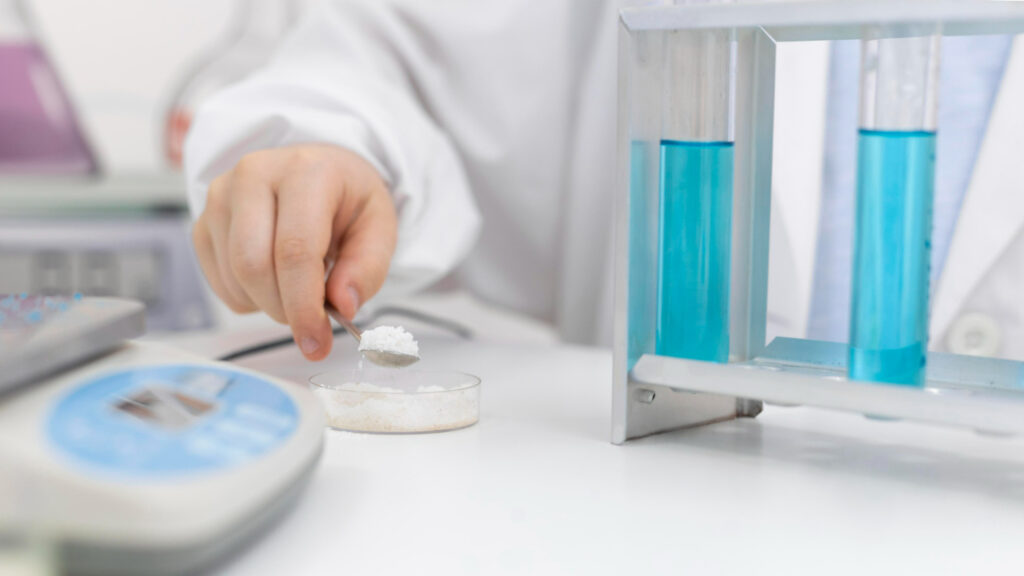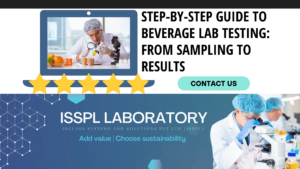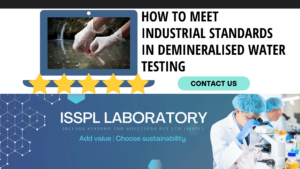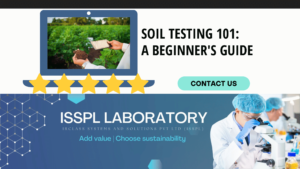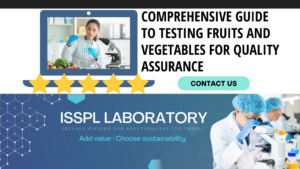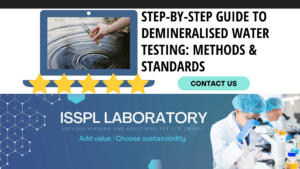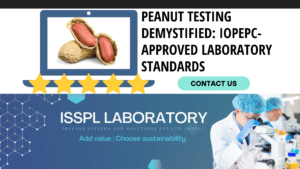An Overview by Team ISSPL - Analytical Testing Laboratory in India
ToggleThe topical application winstrol price of medically tested drugs is an effective solution for local and systemic treatments. In the recent time, has become a common treatment process for inflammatory conditions, including – dermatological diseases and musculoskeletal injuries. The topical ointments are often considered better than the conventional dosage forms. Why? Because it helps you avoid serious adverse effects. But it is possible only when you are cent percent assured about the quality of the ointment through reliable testing methods.
The need to be careful – When you apply a topical ointment or drug, it can penetrate profoundly into the skin and ensure better absorption. The topical ointment preparation regulates the metabolism of drugs in the liver. It also avoids the problems of gastrointestinal disorders and reduces the risks and troubles of intravenous therapy. This way, if the ointment gets tested for safety, it resolves the risks associated with several conditions of absorption, including –
- pH changes
- The presence of enzymes
- Gastric effects and digestion
An extensive variety of various pharmaceutical dosage types could be used as topical drugs. The conventional types for topical application include – gels, creams, ointments, sprays, liquid preparations, etc. The application of the drug-based gels enhances the resistance time and potential of the drugs on the skin. In fact, it improves the delivery and release of the critical components, thereby amplifying the residence time at the infected place.
Topical Drug Product Testing
The different testing procedures for topical ointments can differ based on their properties. The specific dosage form, topical drug component, and its features determine the testing procedure at the top laboratories. It may include the following –
- Quantitative analysis of API and other related components
- Quantitative examination of the preservatives added to the drug-based ointment
- pH levels of the ointment to review the application safety on the skin
- The viscosity of the ointment to review the convenience of application and quality consistency
- The appearance of the ointment ensures optimal quality
- The water content of the ointment to review the thickness and consistency
- Light microscopy, conductivity, osmolality, etc.
- Package compatibility for the manufacturers to review information authenticity and storage ease
Stability testing for ointments – Recognize the needs
Stability has a critical role in ensuring the effectiveness of the drug components. It is also impactful during the development process. The stability test reviews and explains the critical factors influencing the expiry span of drug products. It also covers the physical and chemical stability of the drug component.
The stability of the medical drug determines its ability or treatment potential, while stored in a specific container at prescribed standards. One must consider the different influencing factors like physical, chemical, therapeutic, and toxicological specifications. All these are critical to ensure the drug identity, therapeutic strength, chemical quality, and purity of the medicated formulation.
The physical and chemical properties of pharmaceutical products can get hampered during the storage process, and it needs a critical evaluation. Stable drugs are never at risk. The manufacturers are aware of the various influencing factors. They ensure the best storage conditions by analyzing the components under vital environmental factors and specifications. Lab-based stability testing is an integral procedural step followed during the pharmaceutical development program. The testing evaluates the adverse impact of different environmental factors on the drug quality and formulated product, providing the best information for the prediction of its shelf life. The manufacturers determine the optimal storage conditions, and expiry period and develop informational labeling instructions. All these are vital to ensure the safety and effectiveness of the ointment during its shelf life.
Unstable ointments and consequences
What about the consequences if the products are proven unstable after the test? The instability of the drug components in the topical ointment can create more than one adverse effect on the body. It may impact the purity, potency, and safety of the topical ointment. These develop health effects on patients. The unstable batches of topical ointments get rejected, and the manufacturers alter the formulation if necessary. Thus, stability testing allows the manufacturer to stay assured of the produced batch quality and define the recommended storage conditions, product shelf-life, and expiry span.
Stability testing proves the influence of conventional environmental factors like temperature, humidity, and light on the product, determining the shelf-life with real-time results.
Various ways of microbial evaluation
The test for reviewing the microbial impacts on the ointment is another critical step for quality assurance. The test can include total aerobic bacterial count, total yeast, and mold count. Additionally, the laboratories offer an extensive examination for pathogen testing. It is critical to review the absence of influencing pathogens. The pathogen analysis focus on –
- Escherichia coli
- staphylococcus aureus
- Pseudomonas aeruginosa
- Salmonella spp.
Lab testing makes it a reliable solution.
Connect to IRCLASS Systems and Solutions Pvt Ltd or ISSPL laboratory for obtaining a hassle-free and accurate testing solution. Get world-class testing infrastructure and stay assured of the safety and utility of the pharma ointments.
Image by Freepik
